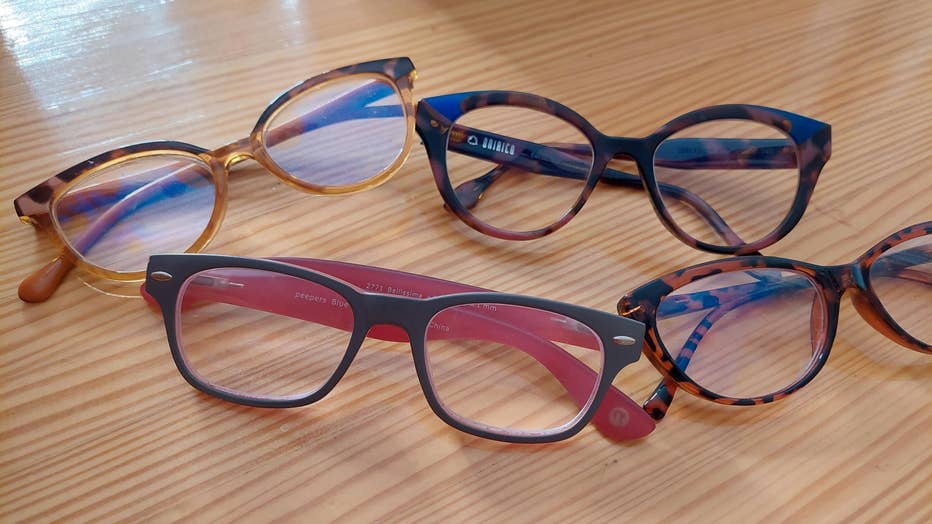Big, bold frames are in, but they may not be the best fit for some eyeglass wearers
Need glasses? Some tips on finding the right frames
If you feel like everyone around you is wearing bigger, bolder frames these days, you're right. Larger frames are having a moment right now, but bigger may not be better, if you need certain lenses, like progressive lenses.
ATLANTA - Optometrist Janelle Davison of Brilliant Eyes Vision Center in Smyrna prides herself on helping her patients find the right fit when it comes to glasses.
"So, comfort is important," Dr. Davison says. "Size is important. Then, on top of that, you want to be able to see."
However, choosing frames that will work with the type of vision correction you need, Dr. Davison says, can be tricky.
"The biggest mistake is probably not talking to your eye care provider first, to see which is going to work best with your prescription," she says. "A lot of times patients will get a frame that's too big, or too small."
And "big" is hot right now.
"The looks now are trending where they're taking up half of your face," Davison says. "For certain prescriptions, those frames don't work the best for everyday vision. So, I try to explain to patients what's kind of like your everyday pair of glasses versus what are your ‘fashion-but-a-little-less-function’ pair of glasses."
Progressive lenses difference in frames
If you need progressive lenses, which seamlessly blend distance vision correction into closeup vision correction and require some getting used to, fit is especially important, she says.
"You want to make sure your frame is not too wrapped or contoured around your face," Davison explains. "But the biggest issue patients have is a frame that's either too small with a progressive lens or too big."
If your frames are too large, you may find yourself adjusting and readjusting your glasses.

"The biggest portion of what you use to read your phone or your watch and things like that throughout the day are going to be all the way down here," she says. "So, patients are saying they're constantly having to move their frame up."
Davison says there is a good bit of math involved in getting lenses alignment right.
So, she says, ask your optometrist which frames are the best match for the correction you need, even if you are buying glasses online.
"Frame choice, lens treatments and education are all very important," Davison says. "So, that way you can do what you need to do throughout the day.
And maybe consider getting a second pair, she adds.
"I always try to explain to patients that to have one frame or one pair of glasses that does everything throughout every facet of your life is not necessarily realistic." Davison says. "It's a little bit of an investment, but if you invest properly, then you're going to be able to see what you need to see throughout the day."

